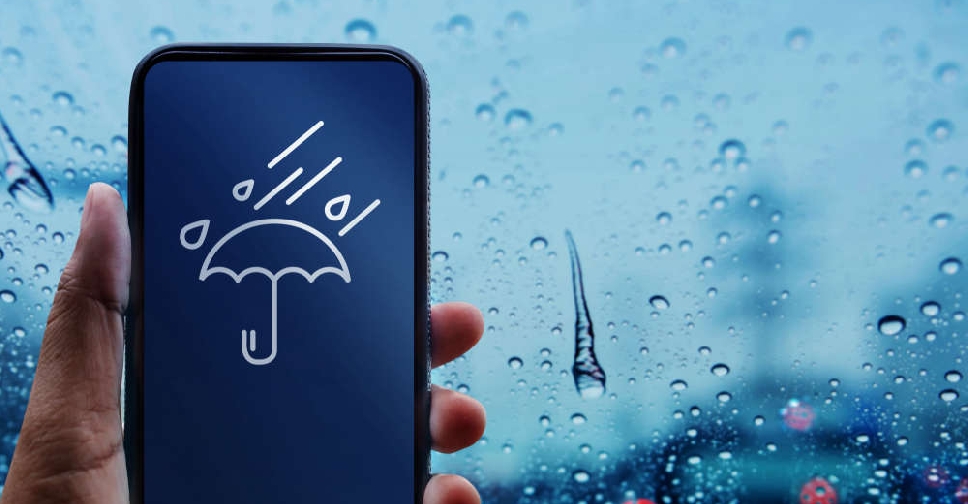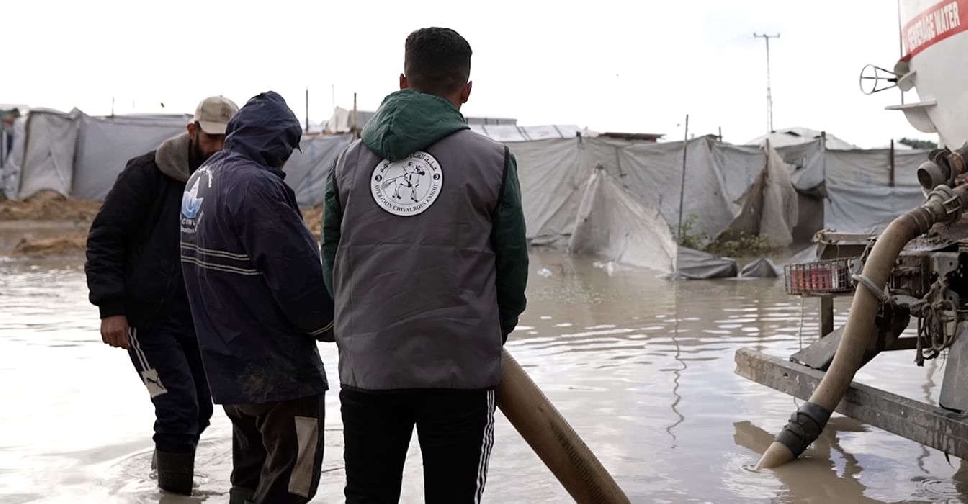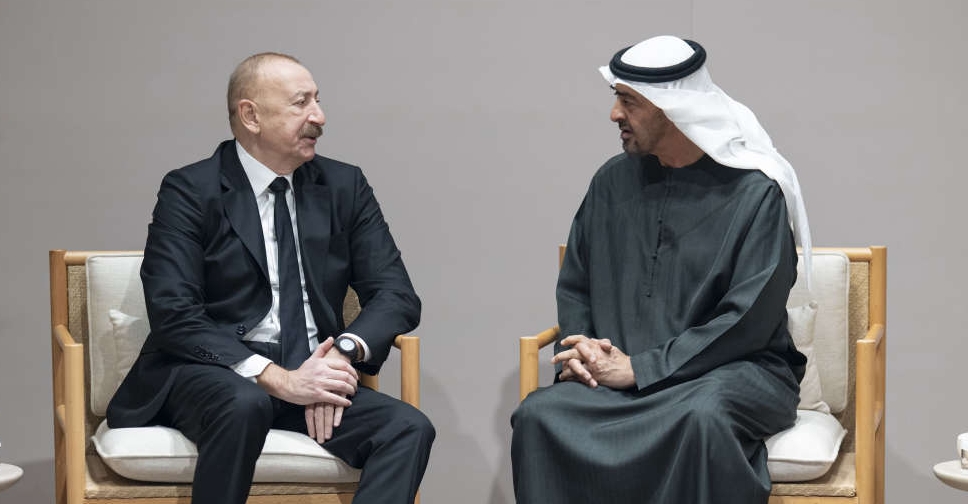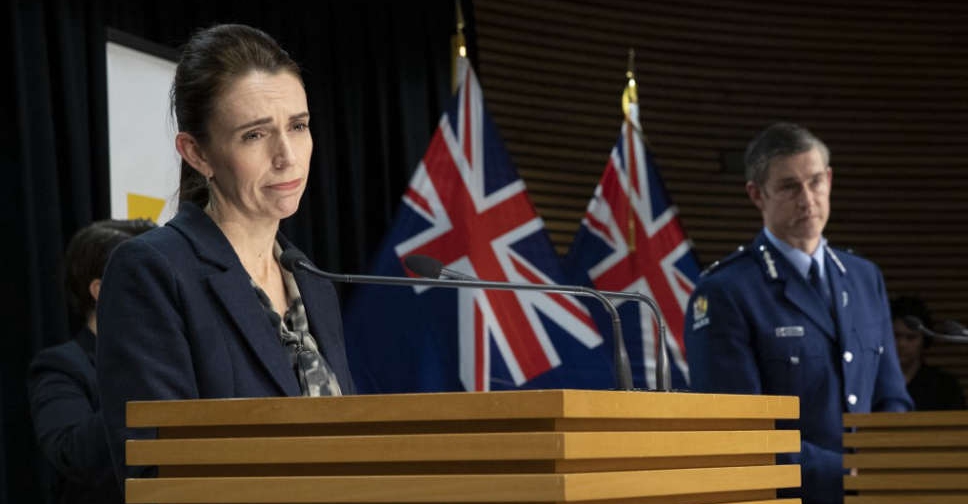
New Zealand Prime Minister Jacinda Ardern on Monday said nationwide coronavirus curbs would be lifted outside of Auckland, as the country gets on top of an outbreak of the Delta variant.
New Zealand had been largely virus-free, excluding a small cluster of cases in February, until an infected traveller from Australia seeded an outbreak that prompted Ardern to impose the national lockdown last week.
Ardern, who said restrictions would be eased from Wednesday, is continuing to pursue an elimination strategy for the disease.
"We are within sight of elimination, but we can't drop the ball," Ardern said at a televised news conference. "Day by day we are making very good progress. What I dont want to do is move too quickly and then see a resurgence."
About 1.7 million people in greater Auckland, the epicentre of the outbreak, will remain in a full level 4 lockdown until at least September 14.
The easing of the alert status to level 2 from level 3 in the rest of the country will allow the reopening of schools, offices and businesses. Regional travel will also be allowed.
Face masks will still be required inside most public venues, including shops and malls. Indoor hospitality venues will be limited to 50 patrons and outdoor venues to 100 people.
Daily new cases in the current outbreak have dropped from a peak of 85 on August 29 to 20 on Monday.
The current outbreak is responsible for 821 of the country's total of about 3,400 COVID-19 cases since the start of the pandemic. It has reported 27 deaths.
Ardern's tough lockdowns and international border closure helped rein in COVID-19, but the government now faces questions over a delayed vaccine rollout and rising costs in a country heavily reliant on an immigrant workforce.
Just about 30 per cent of the country's 5.1 million people has been fully vaccinated, the slowest pace among the wealthy nations of the OECD grouping.


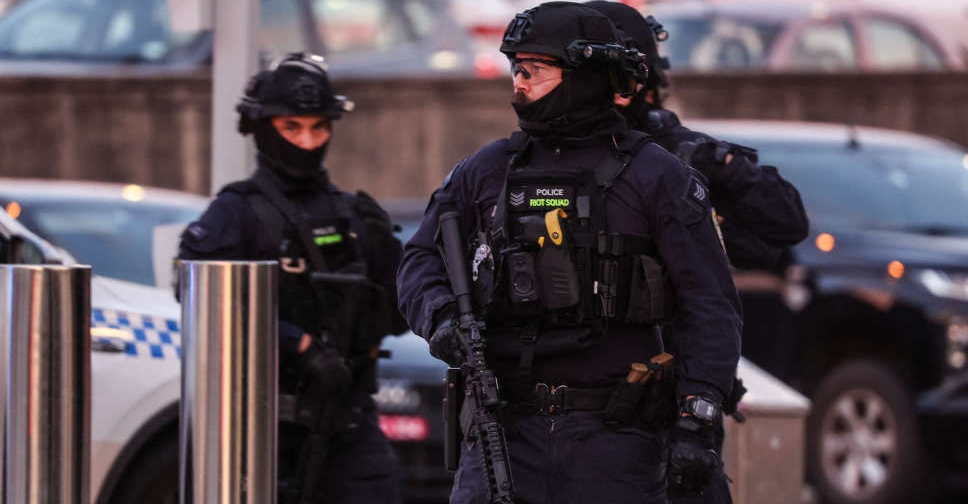 No evidence alleged Bondi gunmen received military training in Philippines
No evidence alleged Bondi gunmen received military training in Philippines
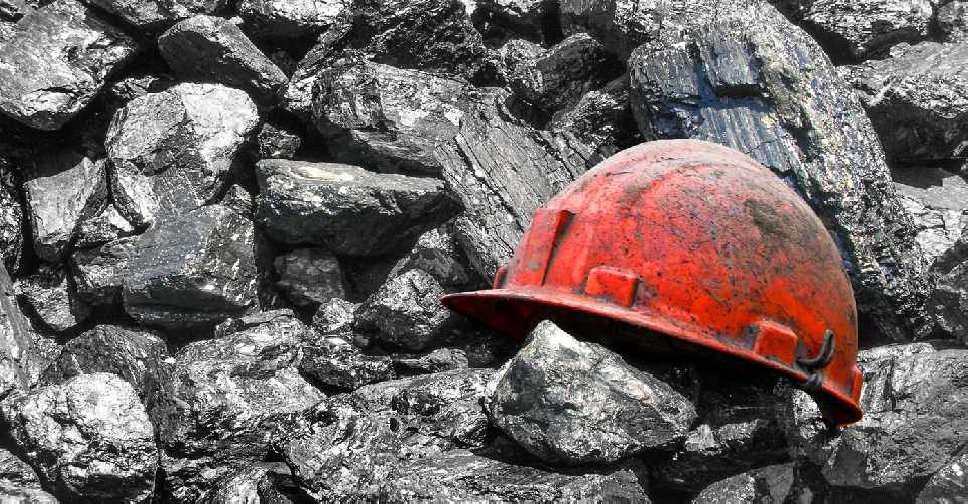 At least 12 killed in Nigeria mining site attack
At least 12 killed in Nigeria mining site attack
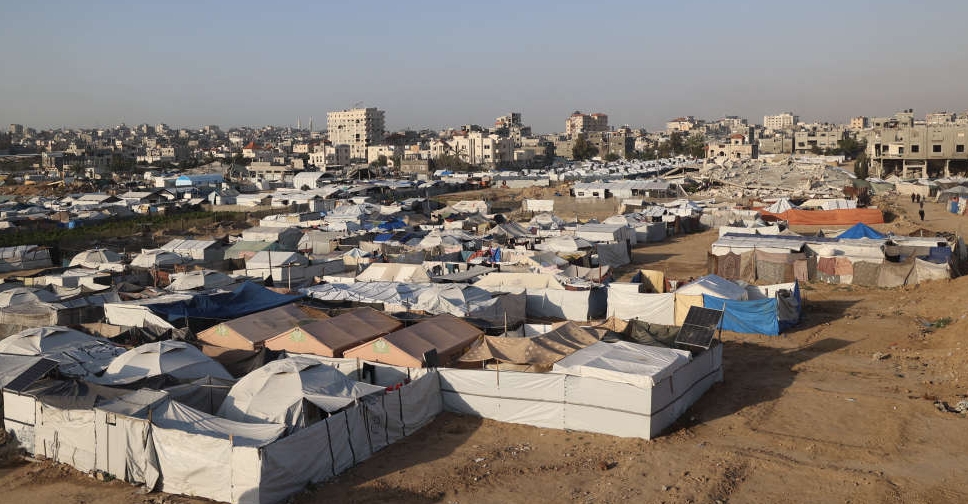 UN, aid groups warn Gaza operations at risk from Israel impediments
UN, aid groups warn Gaza operations at risk from Israel impediments
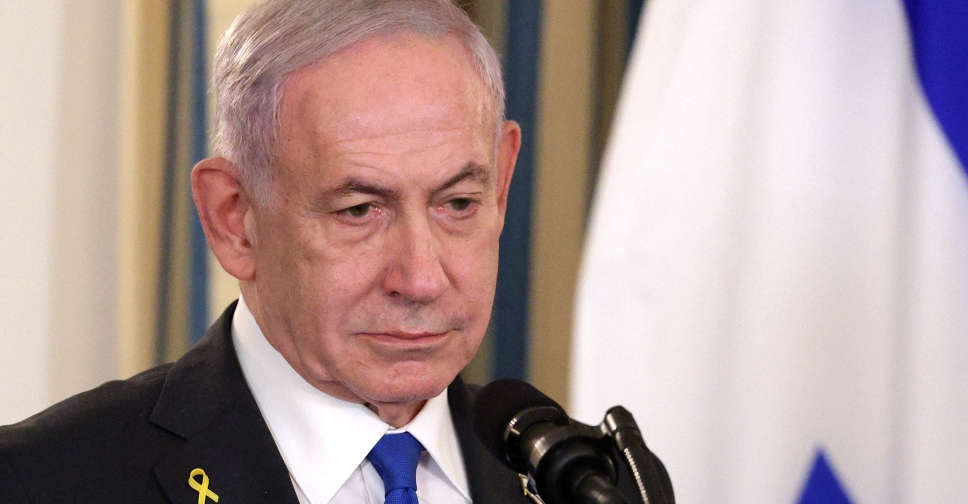 Israel approves natural gas deal with Egypt, Netanyahu says
Israel approves natural gas deal with Egypt, Netanyahu says
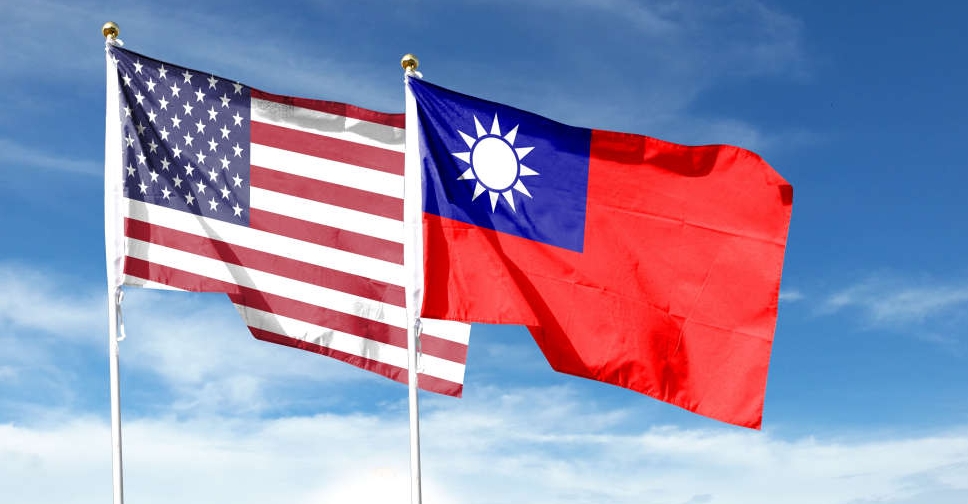 US approves $11.1 billion largest-ever arms package for Taiwan
US approves $11.1 billion largest-ever arms package for Taiwan

